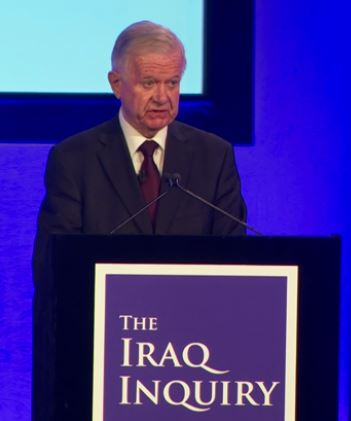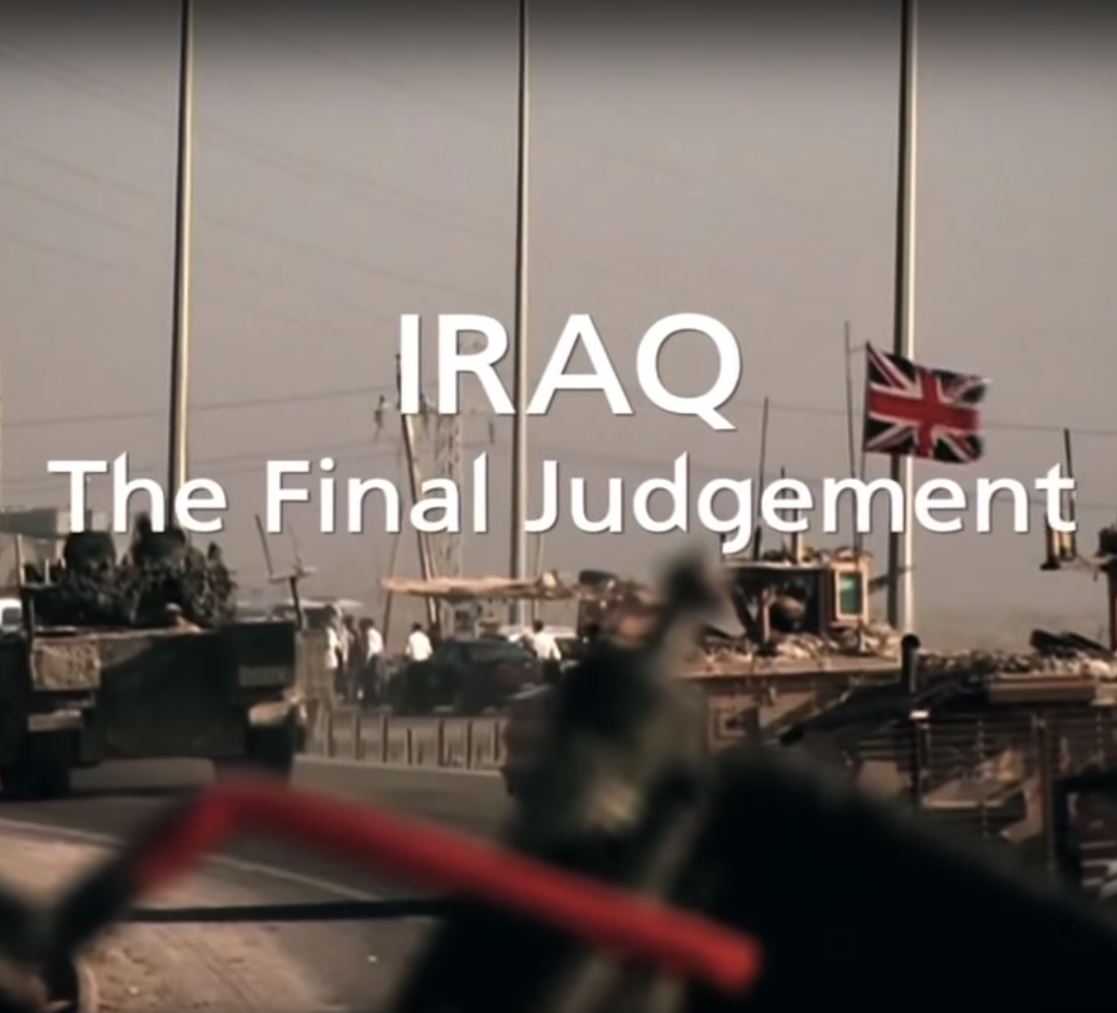Earth & Space | Crime | Environment | Health | History | Nature | Military | War | Politics | Science | Society | Technology | Truth Conspiracy
Iraq War Chilcot Inquiry Report

Tony Blair "misused" intelligence about Iraq's weapons capability in the run-up to the 2003 war but did not deliberately deceive Parliament, a former top civil servant has said.
The PM "exaggerated" evidence of weapons of mass destruction but he and others believed it, Lord Butler said.
Tony Blair says world is better as a result of Iraq War
Tony Blair says he thinks about his Iraq war regrets every day.https://t.co/mrICjVATil
— BBC Radio 4 Today (@BBCr4today) July 7, 2016
Ahead of the #Chilcot report: Complete list of British MPs who voted to invade Iraq"The intelligence was wrong. I express more sorrow, regret & apology than you may ever know"https://t.co/lOjx5zJlK8 https://t.co/maUvVdp94G
— BBC Breaking News (@BBCBreaking) July 6, 2016
The Iraq Inquiry, also referred to as the Chilcot Inquiry after its chairman, Sir John Chilcot, is a British public inquiry into the nation's role in the Iraq War. The inquiry was announced on 15 June 2009, with an initial announcement that proceedings would take place in private, a decision which was subsequently reversed after receiving criticism in the media and the House of Commons
On 20 January 2015, Sir John Chilcot wrote to the Prime Minister to update him on the progress of the Inquiry. The letter reports very substantial progress. Sir John writes that the process of giving individuals an opportunity to respond to provisional criticism in the Inquiry's draft report - known as Maxwellisation - is taking place. The letter concluded that there is no realistic prospect of delivering the report of the Inquiry to the Prime Minister before the May General Election.
The Spies Who Fooled The World Iraq War - 2015
FULL Live coverage as the chairman of the Iraq Inquiry - 2015
Sir John Chilcot, appears before MPs to explain why his report has not yet been published. SUBSCRIBE to our YouTube channel for more great.


